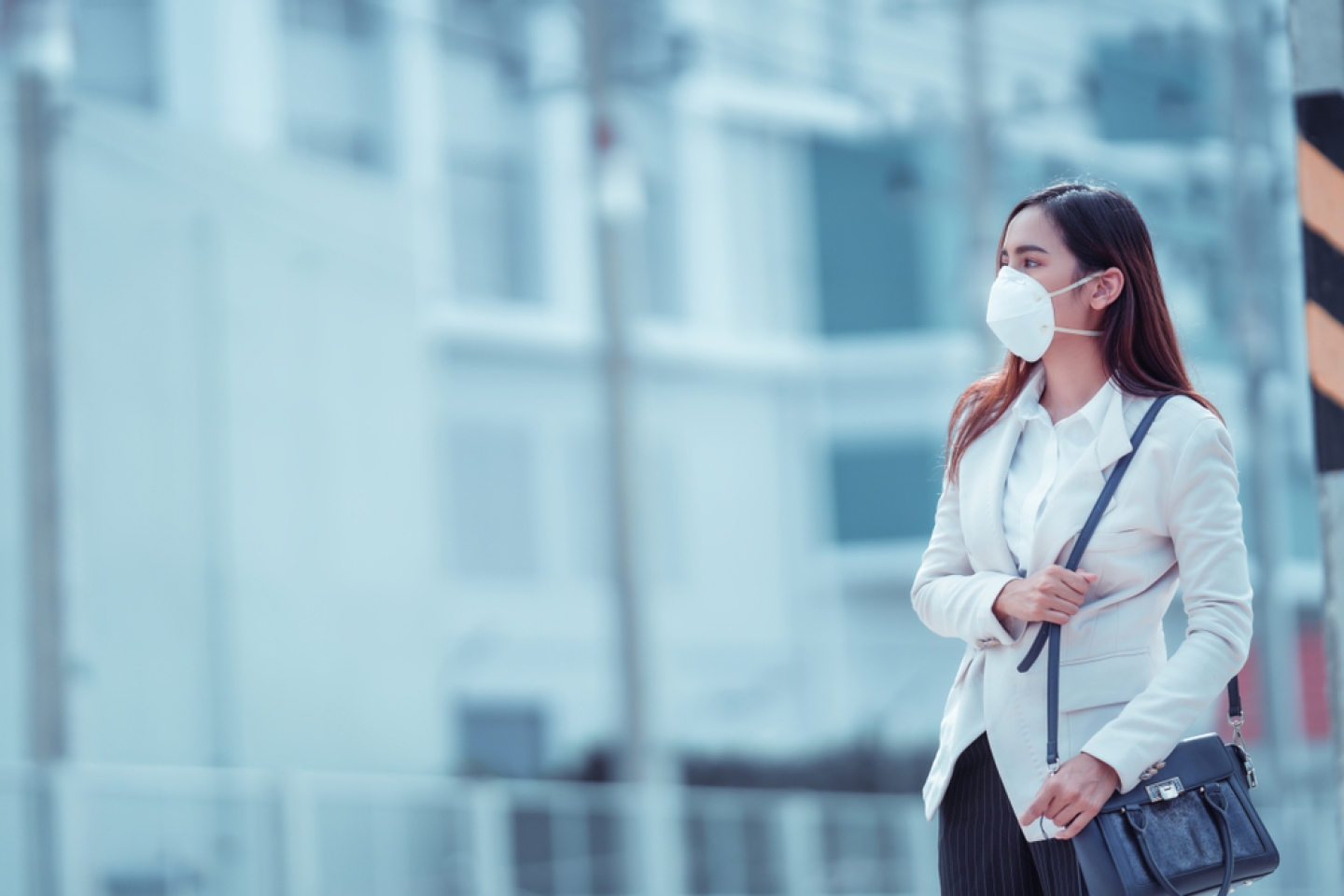
As smoky skies once again blanket parts of the northeastern U.S., Dr. Michael Niederman, Professor of Clinical Medicine in the Division of Pulmonary and Critical Care Medicine at Weill Cornell Medicine, reminds us that the health risks remain very real—especially for vulnerable populations.
People with heart or lung conditions are particularly susceptible to the harmful effects of polluted air. But even healthy individuals can feel the impact when the Air Quality Index (AQI) climbs. If the AQI exceeds 100, you may notice:
These symptoms can appear quickly, especially during prolonged exposure to smoky air.
Dr. Niederman advises taking immediate precautions:
With the current Air Quality Health Advisory being issued, the risk of smoke exposure remains high. Visit the NYC Department of Health website for up-to-date guidance on minimizing exposure.
For most people, symptoms will subside once air quality improves. “The body is remarkably good at clearing out smoke particles,” Dr. Niederman explains. “While it’s possible that very fine particulates could linger in the lungs, the risk of permanent damage is generally low.”
Dr. Niederman urges everyone to monitor the AQI daily. You can find real-time updates at AirNow or check your local news and weather reports.
“Know your own sensitivity,” he says. “If you start feeling symptoms even when the AQI is between 50 and 100, take precautions early. Don’t wait.”
And as dry conditions continue, let’s all hope for rain to help clear the air.
If you’re concerned about how air pollution may be affecting your health, or if you’d like to speak with a pulmonologist at Weill Cornell Medicine, click here to make an appointment.